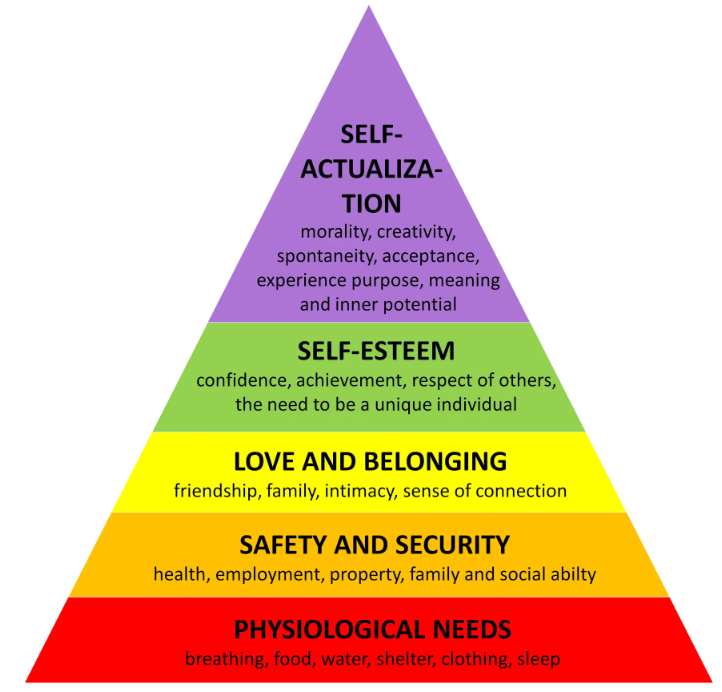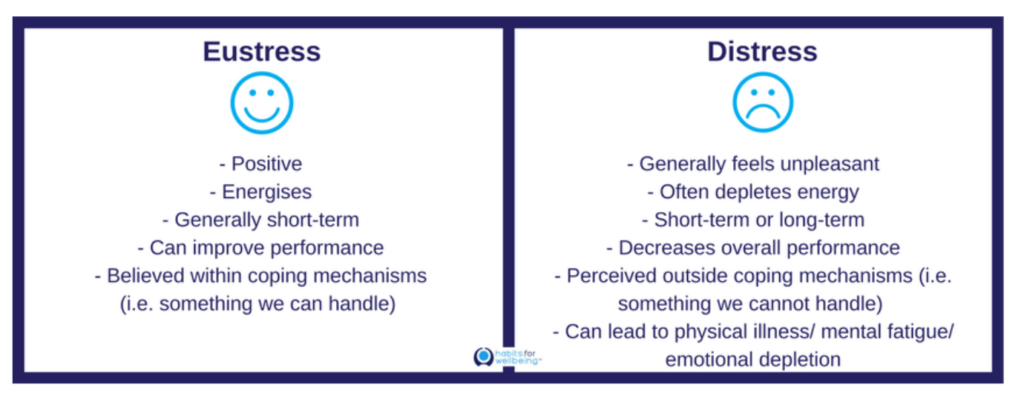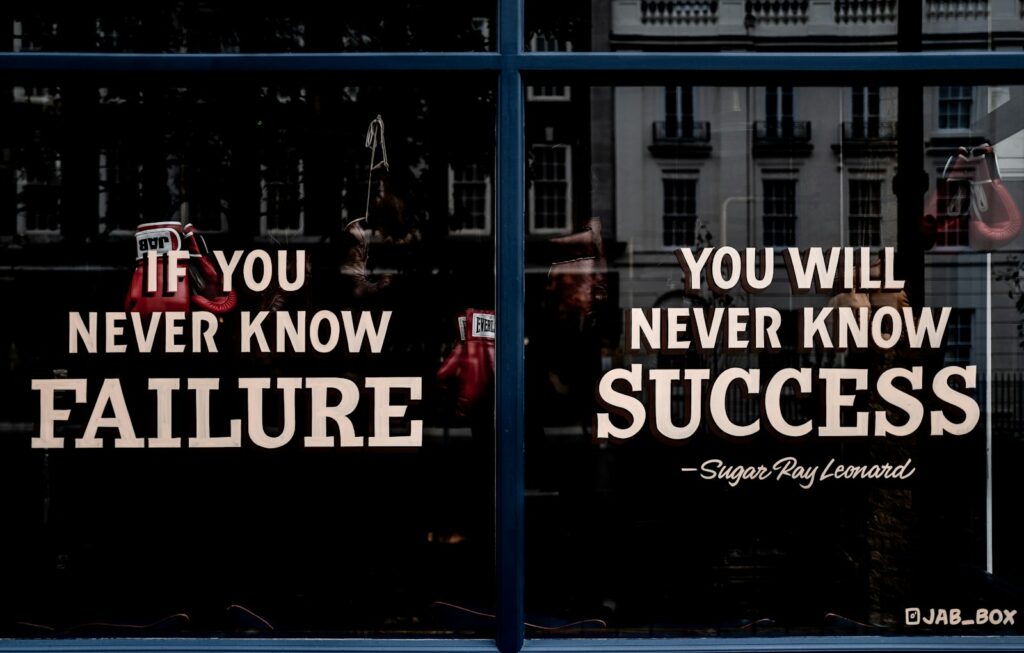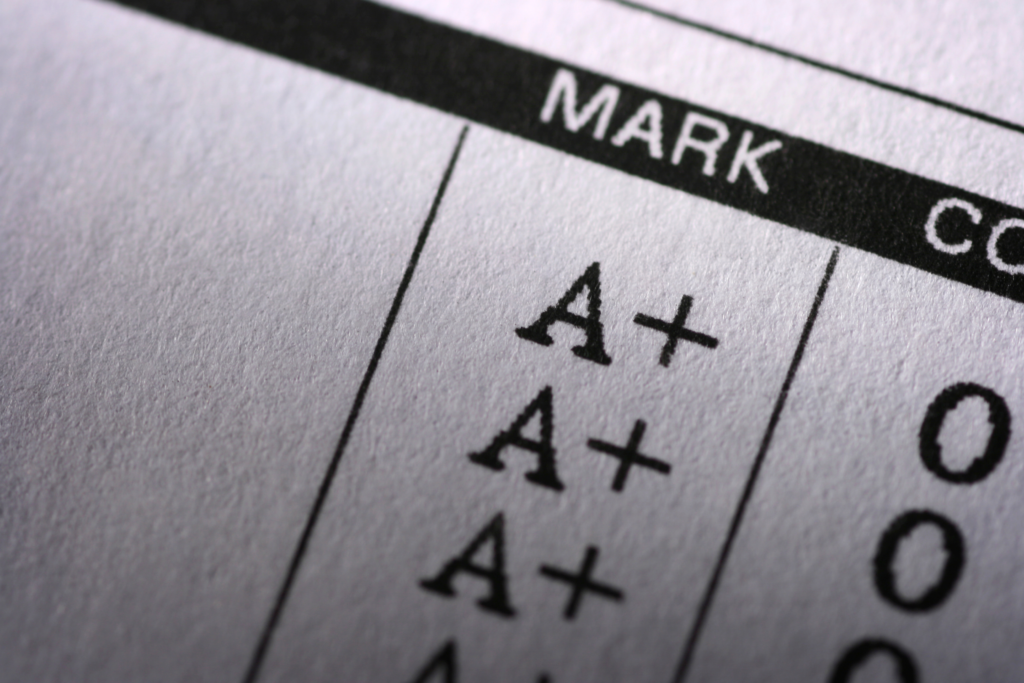
Committing to graduate school is no easy decision. It takes an extraordinary amount of effort and dedication. It’s exhilarating and daunting. The stakes are high, expectations are raised, and most find graduate school to be one of the most stressful times in their lives. So how the heck did I get straight As my first year in school if it’s so hard?!
Let me first start this off and say that I have never been a straight-A student, literally ever in my entire academic career. School has ALWAYS been hard for me. I always had to work harder and study longer to get good grades compared to my classmates. And even then I still wouldn’t get As. This could be just my imposter syndrome taking over, but at least from my perspective, this has always been the case.
If you know anything about the field of speech-language pathology, you have a little bit of perspective into just how competitive admission to graduate school is. As someone, who again was NEVER a straight-A student, I’m happy to report that for my first year of graduate school, I’ve been able to maintain a 4.0 GPA! So what’s the big secret? How does someone go from a C average to being at the top of her class in one of the most rigorous graduate school programs for speech-language pathology?
pROOF THAT I ACTUALLY GOT STRAIGHT AS:
I could sit here and create another blog about the best study tips for school or break down my time management techniques for a busy grad student. Truth is, that’s not why I have straight As. Yes, graduate school is hard. You have to study and manage your time. I think we all understand that.
Getting straight As isn’t solely about study tips or time management strategies. It’s about something deeper and something often overlooked: mindset. The way we approach learning, intrinsic motivation, and work-life balance is more valuable than any study technique you can implement. What exactly does that mean? Let’s take a look at some of my favorite ways to maintain balance in life and what you can do to get the best grades possible!
Emphasize rest
Easier said than done of course BUT as aspiring clinicians we need to be our best selves for our clients, and that starts with rest. Emphasizing rest and prioritizing a stress free mindset are so fundamental when balancing graduate school with life. It’s so easy to overlook rest and sleep, but don’t forget Abraham Maslow’s Hierarchy of Needs! At the very bottom of the pyramid rest our psychological needs. For example, if you’re extremely tired or constantly in your fight or flight mode, you’re never going to be able to focus on anything else until those physiological needs are met.
At the end of the day, resting and taking time away from my studies is what helps me NOT stress. Of course, during midterms, finals, or any other big projects I might be a little stressed. That’s where stress management comes into play 🙂

MANAGE good and bad STRESS
Yes, you read that right. There is actually good stress (what?!?). Good stress, otherwise known as Eustress, is beneficial stress. This is the type of stress that helps us stay motivated to get a task done. This type of stress helps us start a project. It’s the type of stress that helps us overcome challenges that are manageable.
However, we also have bad stress, or Distress. This is the type of stress that can have an impact on our mental and physical health if it’s not addressed. Certain types of stressors like an overwhelming amount of school work, financial difficulties throughout school, or a traumatic event can trigger distress. Prolonged exposure to distress can lead to anxiety, depression, sleep issues, and more.
It’s important to recognize that while some level is stress is unavoidable and can be beneficial in certain situations, extensive distress can be harmful. The key is managing the stress! Feeling overwhelmed with coursework? Break it up into tiny tasks throughout the week! Need financial advice? Seek assistance with your financial aid office or find an on campus job! As always, if things become unmanageable to you or you feel like you can’t handle all the stress that comes with graduate school, seek professional help from a counselor.

EMBRACE AND ENJOY FAILURE
Just because I have straight As, does NOT mean I haven’t failed a quiz, test, and assignments in graduate school (especially my diacritics quizzes, IYKYK). Just because I failed one assignment doesn’t mean I’m a failure! Instead of dwelling on an F, embrace it. The only way you grow is through failure and each minor setback is going to help you in the future!
Even if you fail a class… who cares? Just retake it! I got into grad school with an F, a D, and 3 W’s on my transcript. Talk with your admissions team and program advisors and see how you can be best set up for success the second time through! No job interviewer is going to ask why you had to take Physics 3 times or why you got an F on a chapter quiz in Speech Science. Also, this applies to the praxis examination. If you don’t pass on your first try, take it again and again! My point is to take pride in your learning and your failures and keep your head up because life goes on!

FOCUS ON YOUR CLINICAL EXPERIENCE
You really should be emphasizing your clinical experience over grades! Again I was NEVER straight A student. However, I’ve never been in a unique position in my academics, where I am applying what I am learning, to what I am doing. This is one of the coolest parts (to me) about the field of speech-language pathology and it’s something that I am thankful for. You’re not just sitting in the classroom, you’re learning how to be a scientist, a counselor, an activist, a professional, a friend, AND MORE. This holistic approach to learning that graduate school offers is the fundamentals of learning to be a clinician.

PRIORITIZE HEALTH AND WELLNESS
Not to flip the script to my first point. Rest is SO important, but you absolutely should be prioritizing movement, health, and wellness. Studies consistently show that incorporating regular exercise into daily routines improves physical health, enhances mental well-being, and promotes cognitive function! Even if you’re just going on a daily walk, you’re going to be better equipped to handle the challenges and stress of graduate school.
Not only should you be focusing on moving your body, but you should be focused on fueling your body! Take the time to meal prep healthy, sustainable meals to get you through long clinic days and classes. It’s really easy to just reach for the pop tarts and energy drinks, but you’re not going to have the energy, both physically or mentally to really dive into the work that you’re doing.

Graduate school is one crazy adventure. Just remember, no matter if you have straight As or not, I’M PROUD OF YOU. Allow yourself moments of reflection and gratitude. Recognize that every step you take you are one further to becoming a wonderfully rounded and educated clinician. Even with occasional setbacks and failures, you’re doing the damn thing. You got this!



